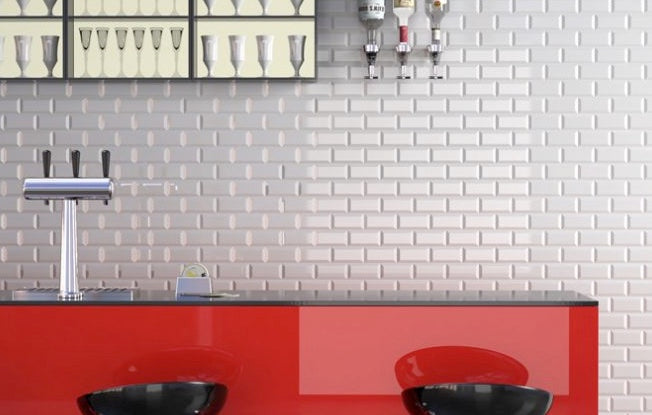
Porcelain or Ceramic Tiles? Which is Better?
Share
Both porcelain and ceramic tiles have their own unique benefits and drawbacks. Porcelain tiles are denser, harder, and more durable than ceramic tiles, which makes them ideal for high-traffic areas or outdoor spaces. They are also less porous, which means they are more resistant to stains and water damage.
Ceramic tiles, on the other hand, are lighter and easier to install, which makes them a good choice for walls and decorative projects.
Ultimately, the choice between porcelain and ceramic tiles depends on your specific needs and preferences.
Porcelain and ceramic tiles have some differences such as:
- Material: Porcelain tiles are made of a mixture of fine-grain clays and minerals, fired at a high temperature, while ceramic tiles are made of a mixture of red, white, or brown clay and other natural materials.
- Durability: Porcelain tiles are denser and harder than ceramic tiles, making them more resistant to scratches, dents, and stains. Ceramic tiles have a softer surface, so they are more prone to chipping and cracking.
- Water absorption: Porcelain tiles have a lower water absorption rate than ceramic tiles, which makes them more suitable for high-moisture areas like bathrooms, kitchens, and outdoor spaces.
- Appearance: Both porcelain and ceramic tiles come in a wide range of colors, sizes, and styles, but porcelain tiles tend to have a more uniform appearance due to their manufacturing process.
- Price: Porcelain tiles are generally more expensive than ceramic tiles due to their higher quality and durability. However, ceramic tiles are still a more affordable option for those on a budget.
